Yes, Tyler the Creator, “Zootopia” IS about black people
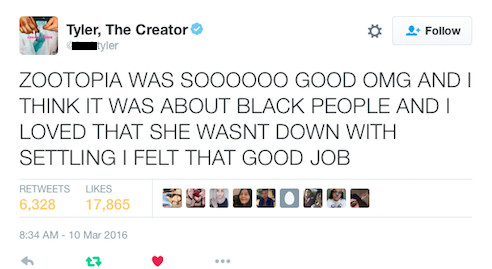
Because the GG seeks to avoid publishing profanity wherever possible, we have omitted the twitter handle above.
Upon viewing the trailer or watching “Zootopia” in theaters, you may not have guessed that this cute movie about animals would touch on subjects like racism, LGBT rights and the war on drugs. Zootopia uses cute animals to convey tough social messages in this new breed of Disney films.
The city of Zootopia prides itself on being a melting pot between two class divisions, predator and prey. The main character of “Zootopia” is a small-town bunny named Judy Hopps (prey), who moves to the big city and tries to make a name for herself on the police force. Like any Disney movie, she is bound to come into some conflict with another major character, and this time it’s with a con-man fox named Nick Wilde. Judy and Nick become an odd pair when they are forced to work together to find 10 missing mammals for the mayor.
The two divisions of the Zootopian society had me thinking of the divisions in human society. Predators directly resemble racial minorities, while prey can be seen as the “white” majority in human society. Just as the Zootopian society has problems between its class divisions, the same can be said about the society in which we live.
One scene in “Zootopia” reminded me of the struggle against discrimination in the era of Jim Crow, in which blacks were denied service in many establishments in the South. Nick, who is a predator, is denied service at an ice cream store. The store manager whips out a sign that states he is allowed to deny service to whomever he wants, and our poor Nick does not fit the bill.
The main conflict in Zootopia is the disappearance of 10 mammals within the city. Judy, who can do it all, takes on the job with only 48 hours to crack the case. What she and Nick uncover is something neither of them ever expected: Judy informs the Zootopian civilians that the 10 missing mammals had been shot with an unknown substance that caused them to act as “savages.” When the city is enlightened of the panic, it only causes the relationships between the predators and prey to become even more hostile.
The weight of the pressures of the Zootopian society finally gets to Judy at this point, and she decides to quit the police force. This comes as a shock to everyone because of how badly she worked to get to where she is. Judy states that her reasoning for leaving the police force is the fact that the world is too broken for her to actually make a change. Chief Bogo, head of the police force, says to Judy what I think is very true about the world we live in: “The world has always been broken. That’s why we need good cops.” The Zootopian police force tries its best to combat the issue at hand, but it all becomes too much for them to handle.
After solving the case of the 10 missing mammals, Judy Hopps returns to the police force to combat the issues of her community. Thanks to Judy, the corruption in the city had been uncovered and Zootopia could now work towards a collective harmony.
In light of the Ferguson riots, the deaths of many black male teenagers and the troubled relationship between police and the communities they serve, I believe this is just the message America needs. The fact that this message was communicated via a children’s movie makes it even better. It demonstrates that, in order for any civilization to work, it must have honest, moral and upstanding citizens in powerful positions.
Creating a meaningful, tangible change to societies isn’t an overnight process. Getting America to where we want it to be is possible, but it will take many brave people like Judy Hopps.


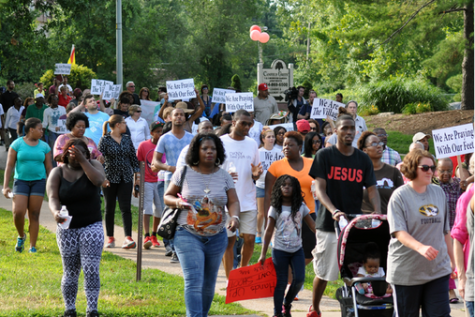
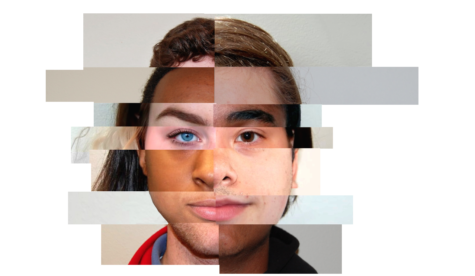
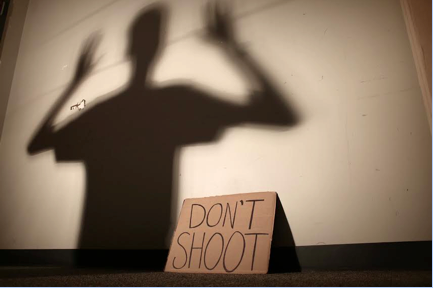
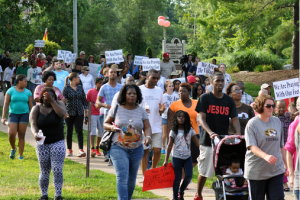
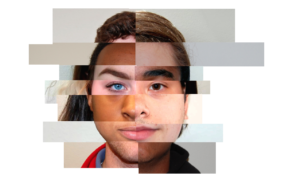
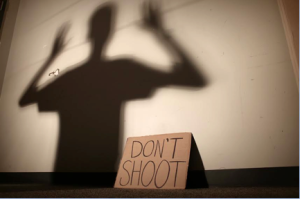



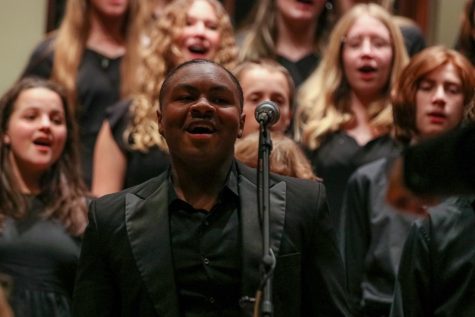
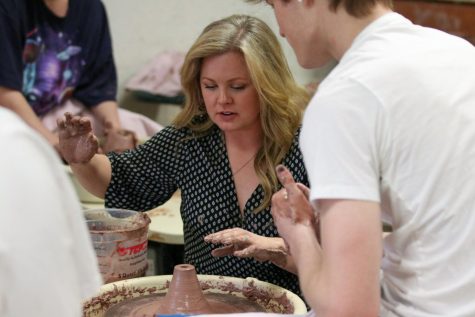


Laura McDowell • May 26, 2016 at 1:31 AM
i love this so much